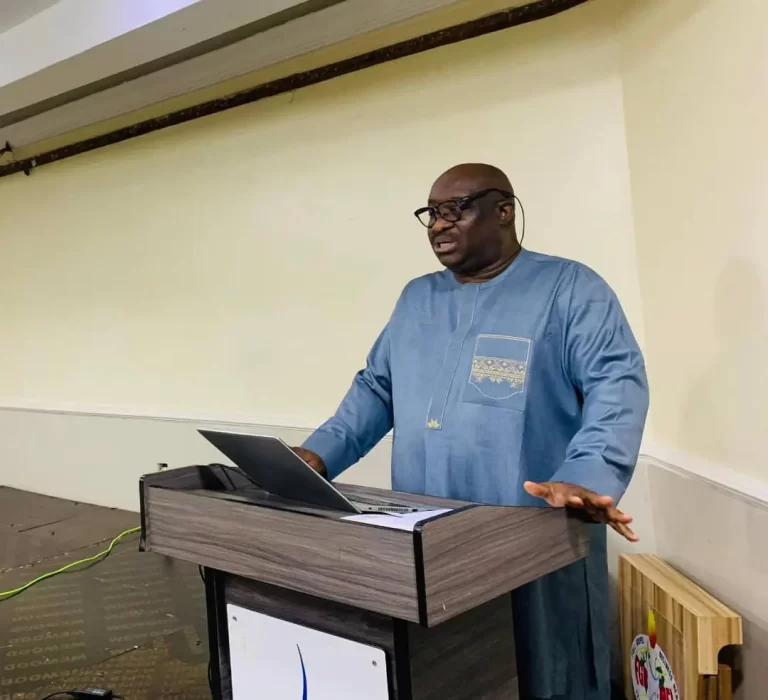Following the rising media onslaught in Nigeria, the Executive Director of Media Rights Agenda (MRA), Edetaen Ojo, has advised journalists to equip themselves with requisite knowledge of the law to protect themselves from legal risks.
Ojo stated this in his opening remarks at a two-day workshop in Enugu on “Laws and Regulations Affecting the Media in Nigeria,” organized by MRA and supported by the MacArthur Foundation through the Wole Soyinka Centre for Investigative Journalism (WSCIJ) under the Collaborative Media Engagement for Development, Inclusion, and Accountability (CMEDIA) Project.
He said journalists’ ability to do their job effectively depends not only on their storytelling skills and abilities but also on their knowledge and understanding of the law, especially those that affect the media.
Ojo further stated that journalists who know their legal rights can push back against intimidation, censorship, demand access to information from public institutions and other entities or officials bound by the Freedom of Information Act.
He added that knowing the laws would enable journalists to advocate for media freedom and challenge unjust laws and regulations that restrict their rights and freedoms.
His words: “In a world where the lines between freedom of expression and legal liabilities are often blurred, as journalists, you must arm yourselves not only with facts but also with legal knowledge and understanding, which can be your armor. Understanding the law, therefore, is not just important; it is essential for the pursuit of truth and justice.
“In performing your critical functions, you will frequently find yourself navigating complex legal environments and issues, ranging from using the Freedom of Information Act to seek and obtain information, to defending yourself or your media organizations against defamation lawsuits.
“Knowing the law helps to protect you as a journalist from legal risks. In Nigeria, you could easily face criminal charges brought against you under criminal defamation laws, laws of sedition, or even for violating national security laws.
“Being well-informed about these legal boundaries can help you avoid unnecessary brushes with the law, thereby allowing you to carry out your duties safely and confidently.
“In addition, familiarity with the laws and regulations affecting journalists and the media empowers you to better protect yourself and your sources. Laws around confidential sources, whistleblowers, and data protection can be tricky.
“Understanding these issues ensures that you can safeguard the people you frequently rely on for stories, protect their identities when necessary, and maintain your own credibility and integrity.”
